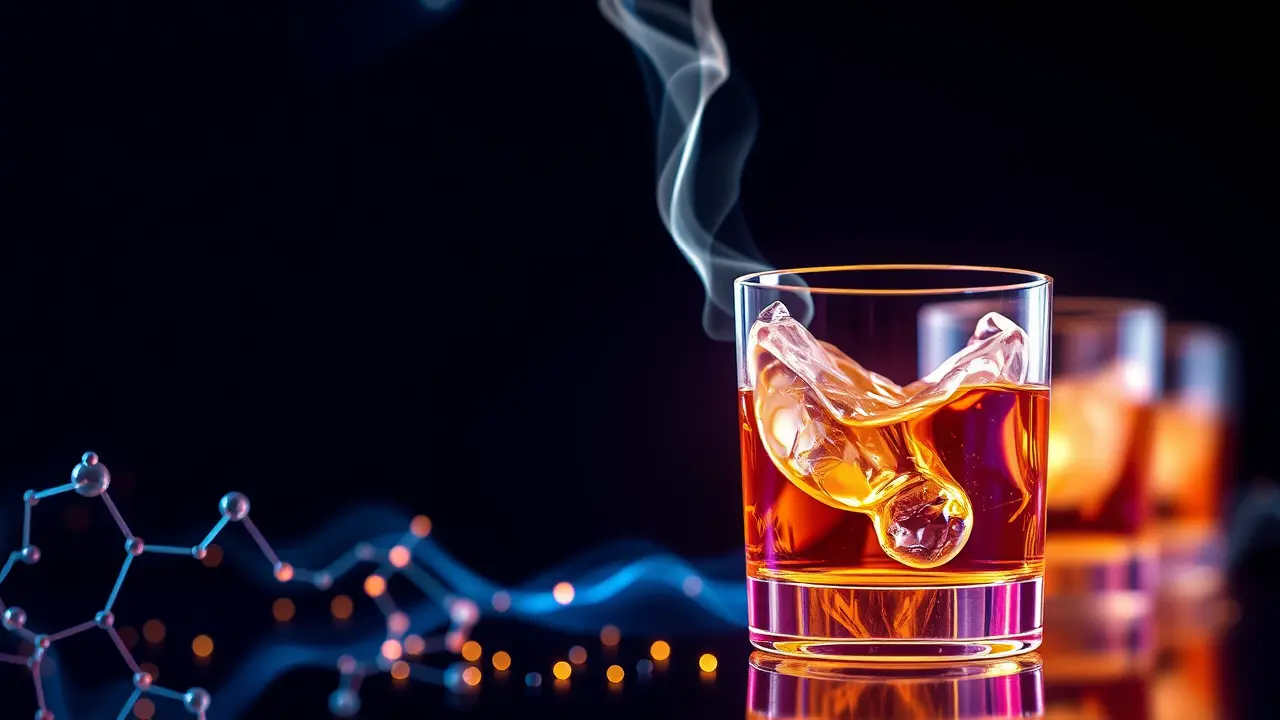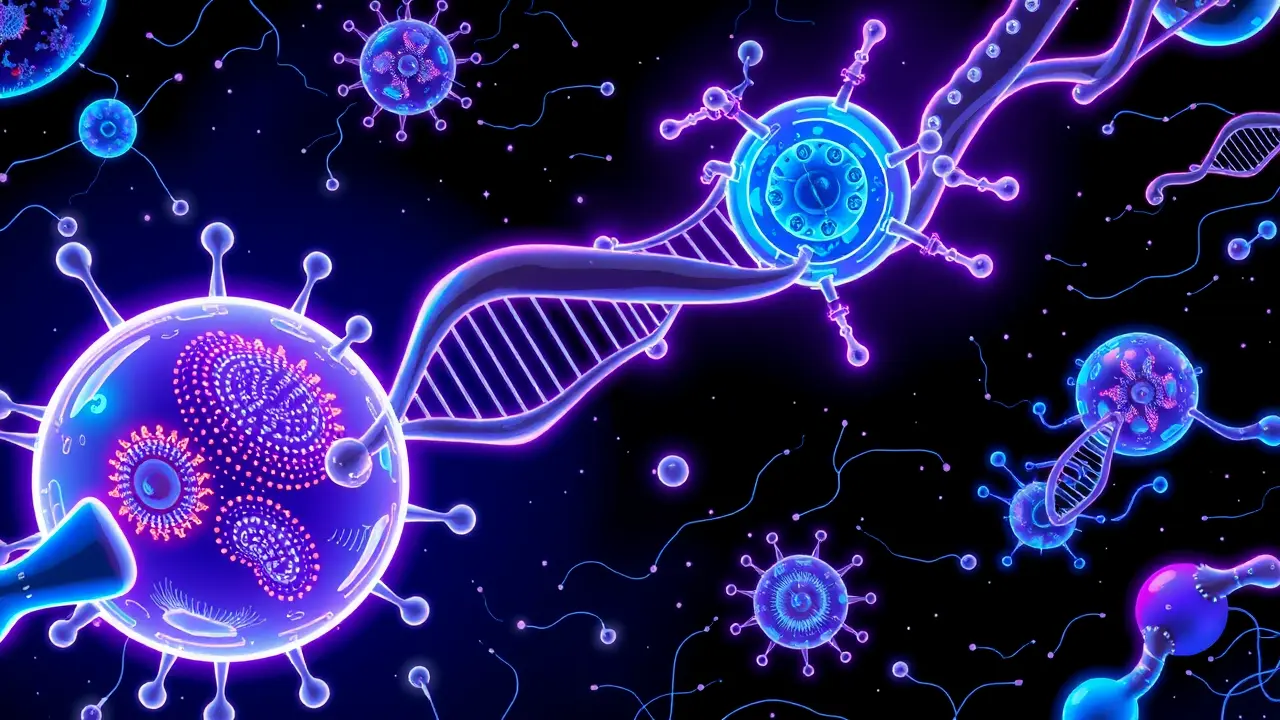
SciencebiologyBiotechnology
Booze Without the Burn? An Enzyme-Tinkering Startup Aims to Make Spirits Smoother
KE
Kevin White
7 hours ago7 min read
In a development that feels ripped from the pages of a biotech thriller, the startup Voodoo Scientific is applying the precision of enzyme engineering to the ancient art of spirit distillation, aiming to fundamentally rewrite the sensory experience of drinking hard alcohol. The core challenge with traditional spirits like whiskey, vodka, and gin has always been the ethanol 'burn'—that sharp, fiery sensation that hits the back of the throat.This isn't just an acquired taste; it's a direct physiological response to the chemical's irritant properties. Voodoo's innovation lies not in altering the distillation process itself, but in a post-production enzymatic treatment that subtly reconfigures the molecular landscape of the final product.While the company remains guarded about the specific enzymes employed—likely a proprietary cocktail of engineered proteins—the principle involves targeting the minor, but potent, congeners and fusel alcohols that co-exist with ethanol. These trace compounds, often responsible for complex flavors but also for much of the harshness, are selectively modified or reduced, effectively sanding down the rough chemical edges without stripping away the foundational character of the spirit.This isn't about creating a 'low-alcohol' alternative; it's about refining the existing high-proof experience into something more approachable and sippable from the first glass. The implications ripple far beyond the consumer's palate.For the $100+ billion global spirits industry, this represents a potential paradigm shift comparable to the advent of gluten-free brewing or non-alcoholic spirits that actually taste good. It opens up new market segments: the novice drinker intimidated by the burn, the health-conscious consumer seeking a 'cleaner' consumption experience, and even the cocktail scene, where a smoother base spirit could allow for more nuanced and delicate flavor profiles to shine through.However, the path is fraught with scientific and regulatory hurdles. Enzyme stability in a high-ethanol environment is a significant technical challenge; these biological catalysts can denature and become ineffective.Furthermore, regulatory bodies like the U. S.TTB and their international counterparts will need to scrutinize whether this enzymatic 'processing' changes the very definition of a 'distilled spirit,' potentially requiring new labeling and classification. From a purist's perspective, there will be inevitable debates. Will a perfectly smoothed-out bourbon, stripped of its characteristic bite, still be considered bourbon? Or is that burn an intrinsic part of its identity, much like the grit in a classic blues record? The success of Voodoo Scientific will hinge not just on the elegance of its science, but on its ability to navigate this complex interplay of biotechnology, market forces, and deep-seated cultural traditions surrounding one of humanity's oldest forms of chemical recreation.
#lead focus news
#enzymes
#biotechnology
#spirits
#alcohol
#fermentation
#food science
#startups
Stay Informed. Act Smarter.
Get weekly highlights, major headlines, and expert insights — then put your knowledge to work in our live prediction markets.
Related News
© 2025 Outpoll Service LTD. All rights reserved.














